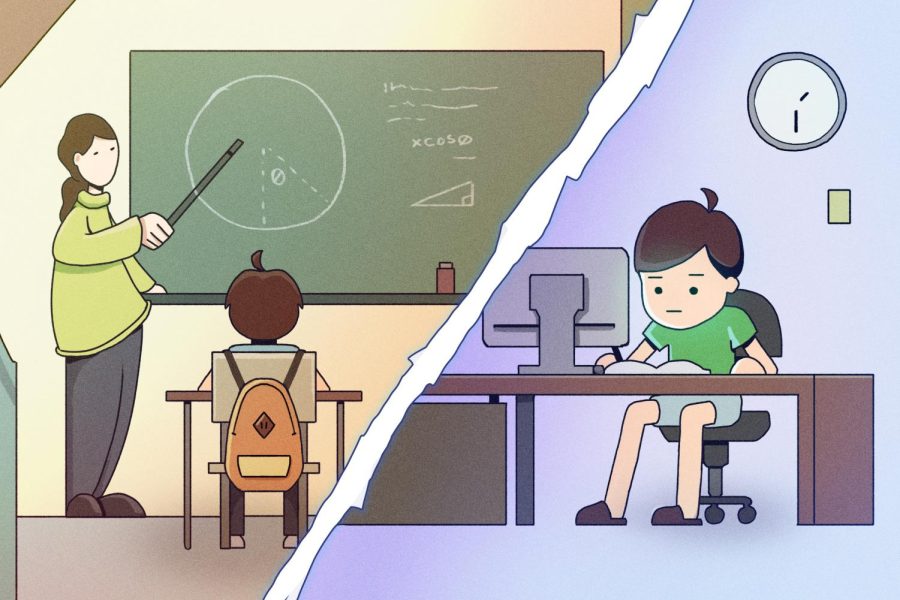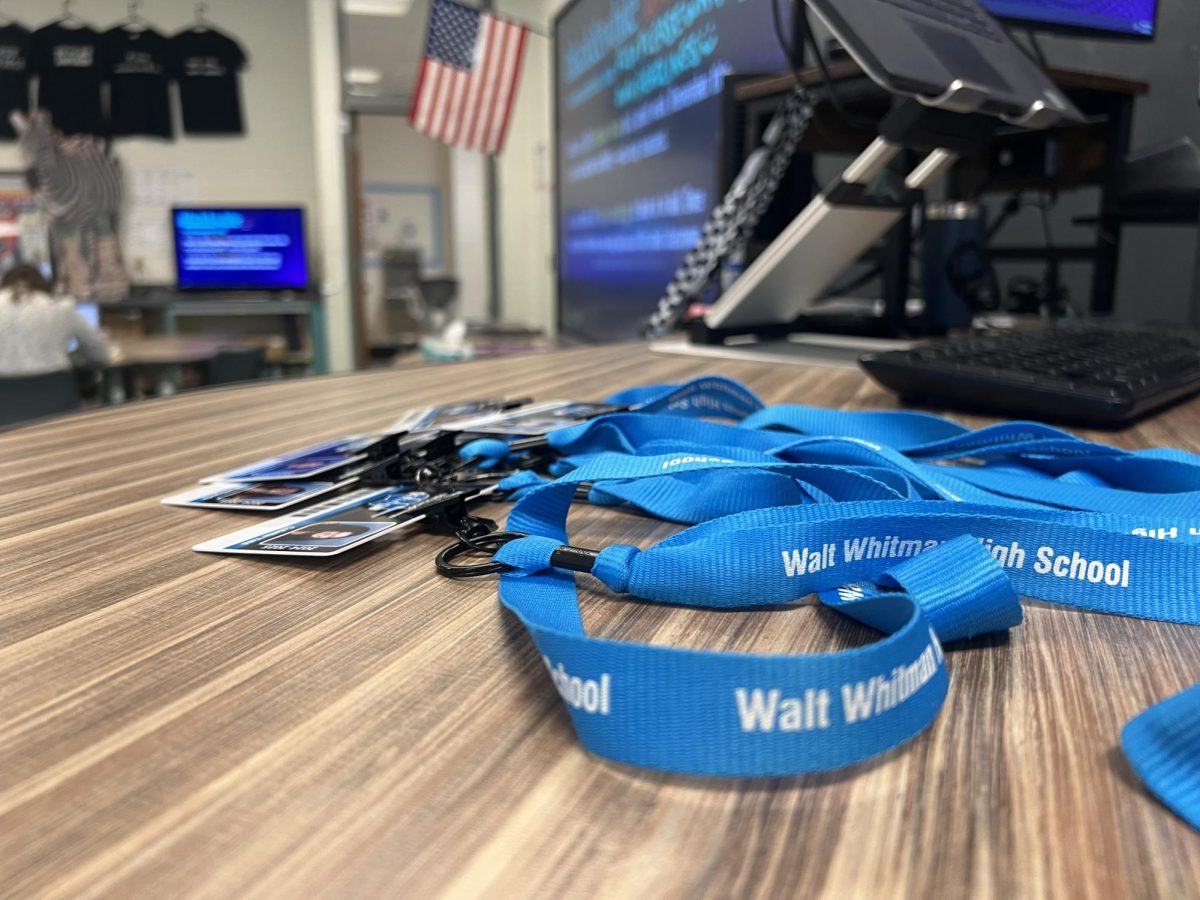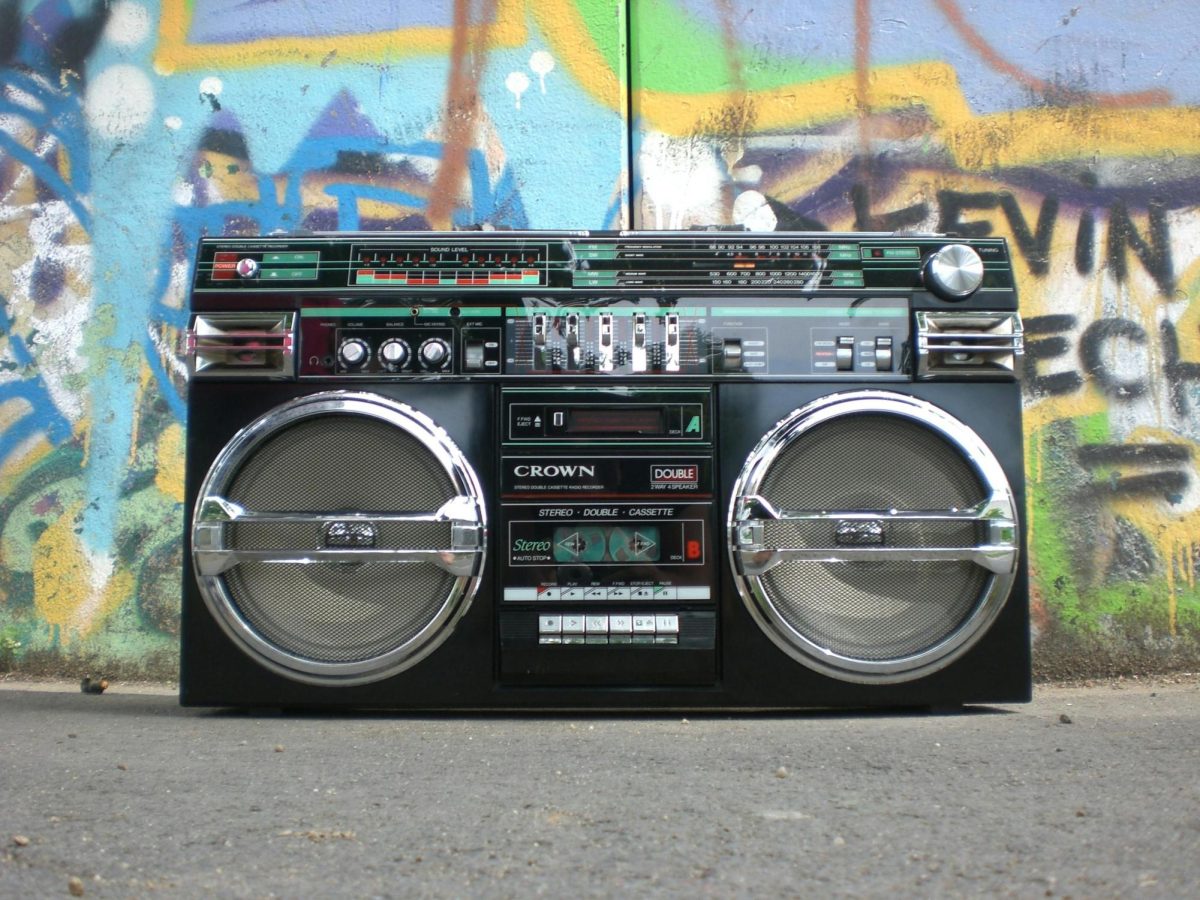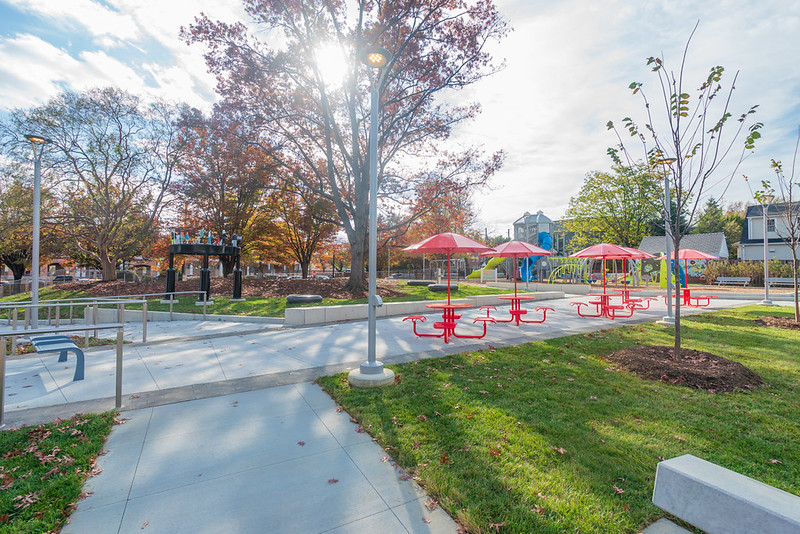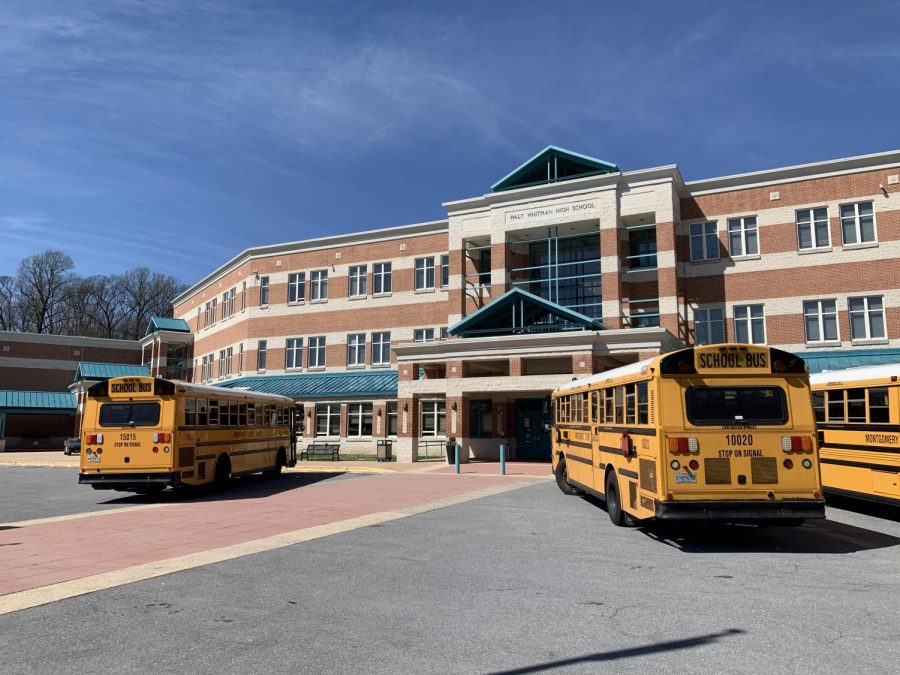Students at Virginia Tech, including Whitman alumni, endured a four-hour lockdown yesterday afternoon in the wake of an apparent murder-suicide.
At around 12:15 p.m. Dec. 9, a man walked up to Virginia Tech police officer Deriek Crouse, who was responding to a traffic violation on campus, and shot him, according to the Washington Post. Police searching for the killer located a dead man and the murder weapon near the site of the first shooting at 1:45 p.m. Virginia state police announced Friday that they identified the second victim as the killer, according to Virginia Tech’s Collegiate Times. Neither victim was a student at the university.
The university’s security system alerted students about 15 minutes after the first murder. School buildings were on lockdown until after 4:00 p.m., as local and state police swarmed the campus to ensure students’ safety and search for the killer.
Over 3,000 students turned out for a candlelight vigil for Crouse Thursday night. Another official vigil will be held tonight.
Thursday was a review day for the beginning of exams Friday, so the campus was not full. Exams have been postponed by the university administration.
Virginia Tech freshman Lucy Arledge (’11) said she was in the campus bookstore when she received a VT Alert about the first shooting on her phone.
“I knew I was in a safe place, so I was calm about everything,” she said. “Most people were on the phone with parents or friends who were giving them information from the news.”
Hannah Nowack (’11), also a freshman, was eating lunch with a friend in the Squires Student Center when the VT Alert came through. Police and SWAT officers searched her and other students for weapons before escorting them to a lecture hall.
“A lot of people were pretty scared,” Nowack said. “We were all trying to text people to tell them we were okay.”
Alex Rhea (’10) was at his house with fellow Virginia Tech students when the shootings occurred. As TV webmaster for Virginia Tech’s Collegiate Times, he worked with other student journalists to contact students on campus and maintain the Collegiate Times website.
All three said that university security worked effectively to protect students on campus. The university and law enforcement agencies did a great job of keeping students informed and safe, Rhea said. Nearby police districts, the local National Guard, the DEA, ATF, FBI and U.S. Marshals all sent officers to assist Virginia Tech authorities, he added.
Arledge said she was frightened by the shooting, but university security was up to the challenge of protecting students.
“I feel safer at Virginia Tech than I would anywhere else,” she said. “The school is more than prepared to handle an event like this.”
The April 16, 2007 massacre at Virginia Tech, when a student killed 32 classmates and himself, spurred the security upgrades that allowed the university to react quickly and effectively to Thursday’s shootings, Nowack said.
“Tech has an amazing security system,” she said. “They responded very fast and have a ton of security alert systems that were put in place after 2007. There are scrolling message boards in all the major classrooms that inform you of the same things that VT Alert texts do.”
Nowack added that she hopes people will not judge Virginia Tech as dangerous because of Thursday’s shootings and the 2007 massacre.
“This sort of thing could happen anywhere, and it’s incredibly tragic that these things have happened to Tech,” she said. “I love Tech, and it’s amazing how close a community we have here and how everyone comes together. I think it’s inconsiderate and terrible for people to say that VT is an unsafe school just because of a few individuals in different situations that decided to take peoples’ lives. It’s incredibly tragic, but amazing how great of a response system we have and what an amazing community we have here at VT.”




